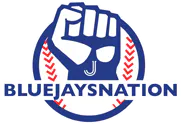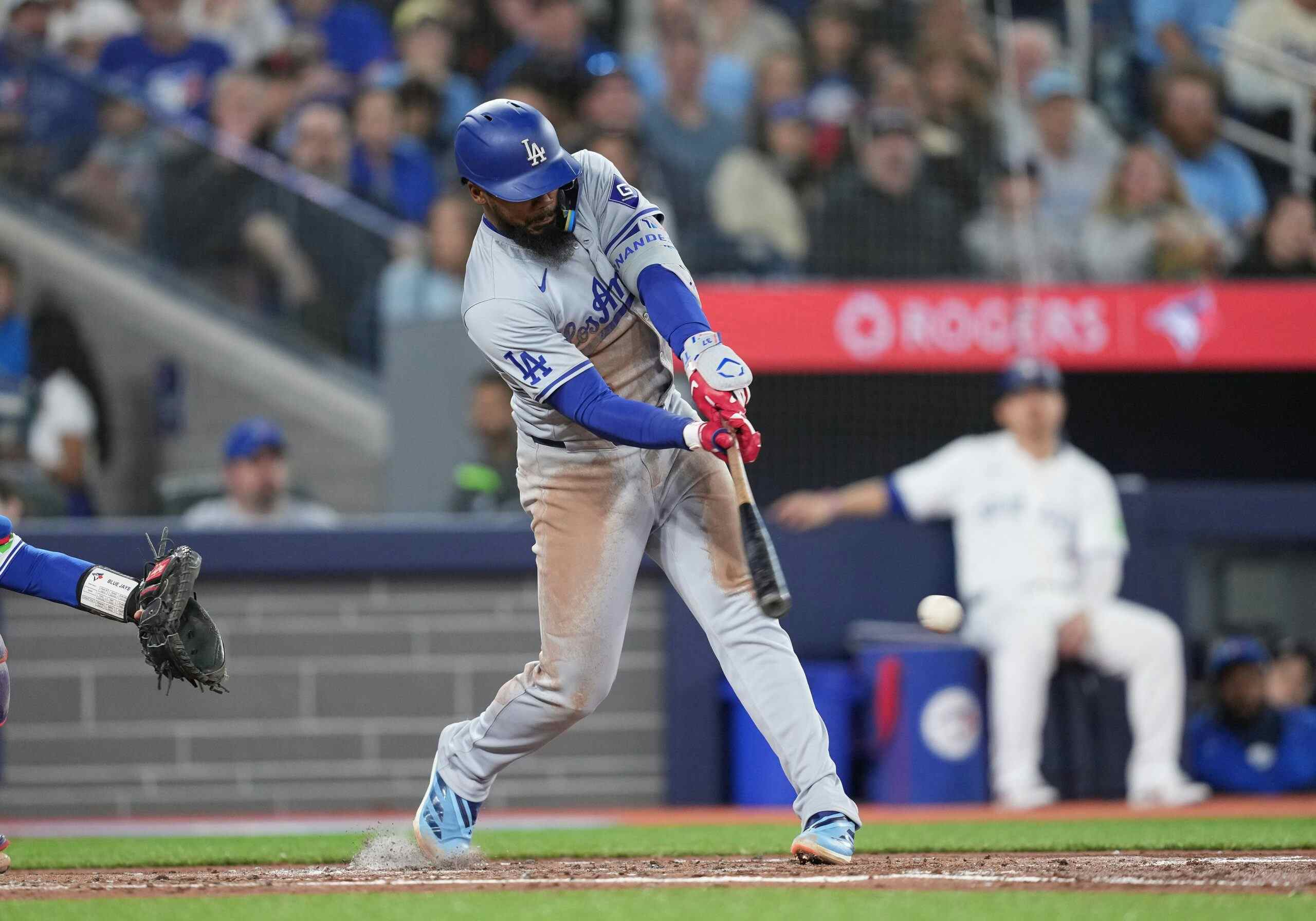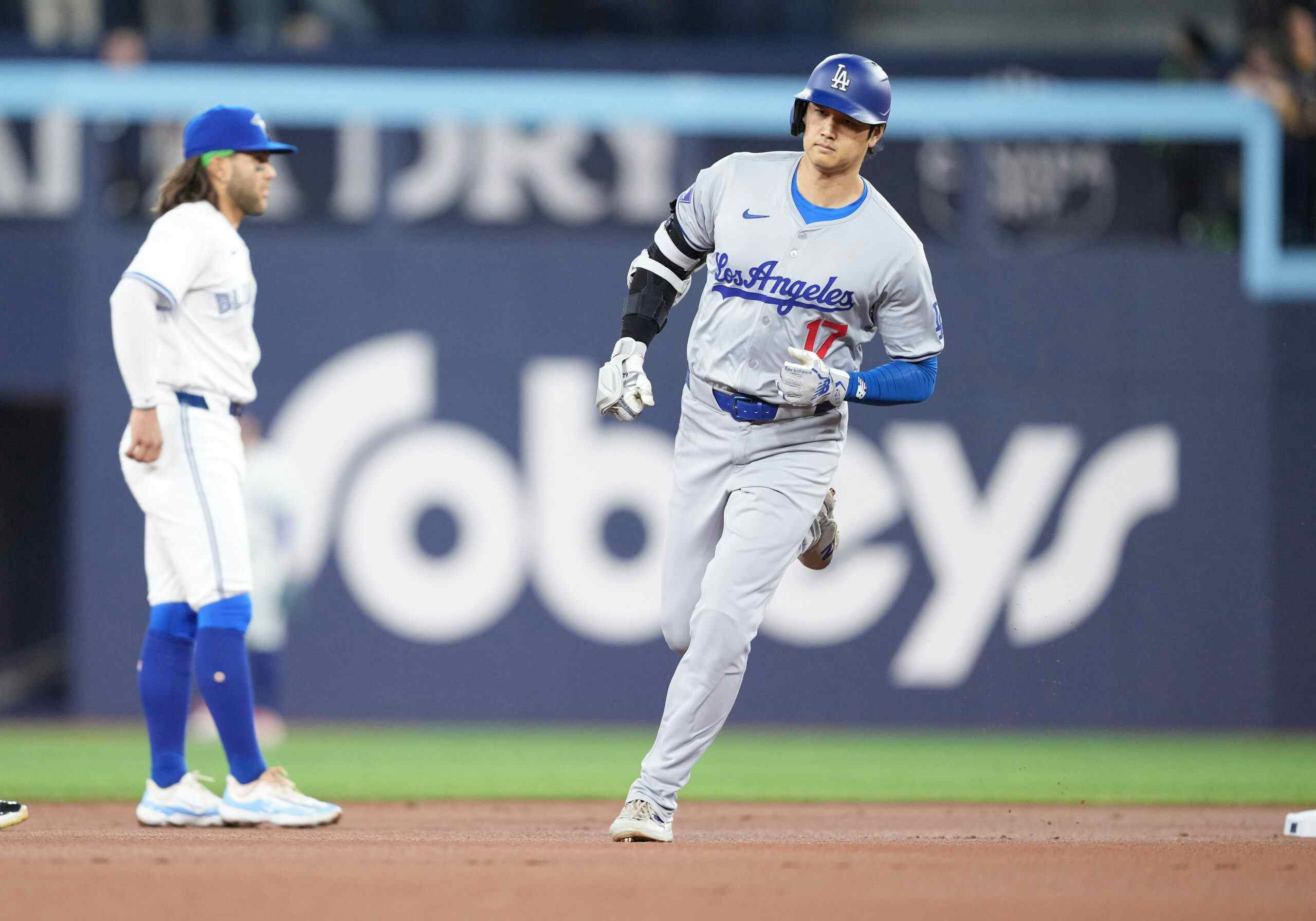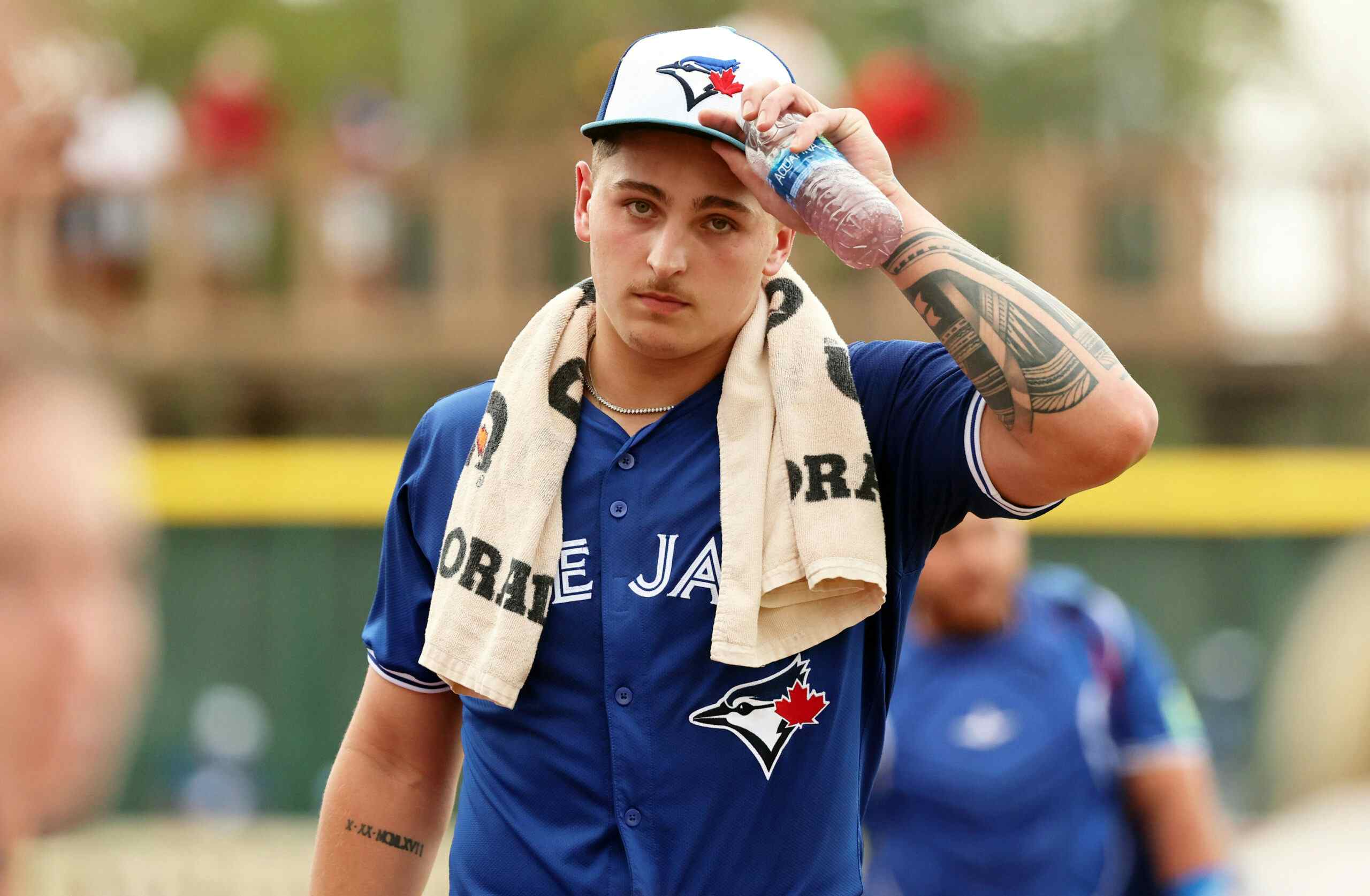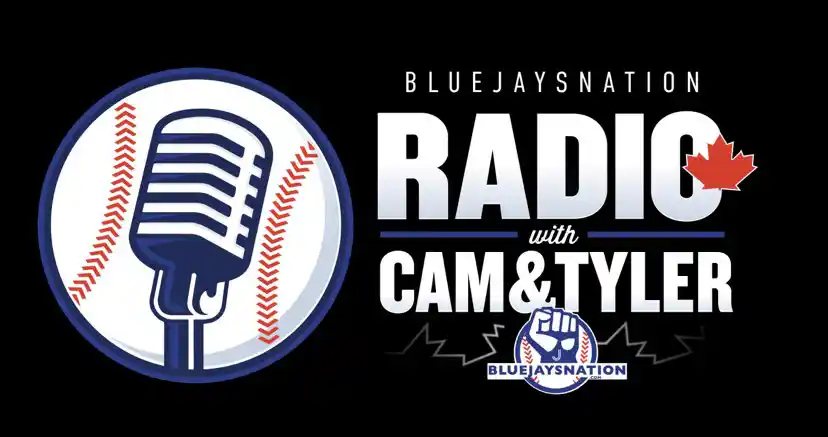Lott: Baseball deserves better than its current culture of retaliation
By John Lott
7 years agoThe response to Sunday’s brawl between the Blue Jays and Rangers was predictably partisan. Not that rational fans on both sides of the divide showed blind support for their team’s bellicose behaviour, but generally speaking, the bad blood was reduced to a simple, and simple-minded, equation.
Jays fans rebuked Matt Bush for hitting Jose Bautista with a pitch and Rougned Odor for punching Bautista in the face after Bautista’s overzealous slide into second base.
Rangers fans demonized Bautista for famously flipping his bat after a monumental home run – hey guys, it happened seven months ago, OK? – and for gaining his own measure of revenge by sliding hard into Odor after Bush hit him with a pitch on Sunday.
The Bautista slide triggered three events:
- initially, it appeared to break up a double play;
- but since it was illegal under a new rule, it guaranteed that a double play would be imposed on the Jays;
- and it sparked one of those bench-clearing brawls that lots of fans seem to enjoy and that “baseball people” believe is an essential and honourable tit-for-tat tradition.
If you’ve read this far, you probably know what happened next: an ugly fracas that was a tad more hazardous than the typical pick-a-partner-and-dance baseball mixer. Odor got in a couple of solid swipes on Bautista’s beard before Adrian Beltre stepped in with a bear hug that immobilized Bautista. Meanwhile, Kevin Pillar and Josh Donaldson tried to redress their teammate’s grievance.
I quickly tapped out an indignant tweet, then erased it and gave my judgment some time to percolate. The game played out as I expected. Toronto lost two of its top players, Bautista and Donaldson, via ejection. The only time Jesse Chavez hit his spot was when he nailed Prince Fielder in the thigh and got himself tossed. The Jays lost 7-6.
So after the game, I tweeted this:
And then, it was on.
The Twitter debate that followed was spirited but generally reasonable.
But I was warned …
… about this.
***
I always appreciate a thoughtful argument. But let’s face it, many fans, players, coaches, managers and ex-players-turned-commentators hold fast to the “grow a pair” argument. What it says is simply this: If an opponent does something on the field that offends your delicate sensibilities, you retaliate, no matter the cost.
You retaliate by hitting a batter because one of your guys got hit. You retaliate by throwing at a hitter who showed you disrespect by admiring a home run. You retaliate with a hard take-out slide at second base. You retaliate against the take-out slide by punching the runner in the face.
I have adult children. I tried to teach them, many years ago, not to buy into the old eye-for-an-eye axiom. That resolving disputes through violence was not only counterproductive but dishonourable. That our base instincts rarely settle conflicts in a good way.
But then we look at history, and current events, and yes, baseball, and we see that some people simply cannot help themselves.
So in baseball, we perseverate on the term “disrespect.”
Dammit, don’t flip that bat, because you’re disrespecting me, although, yes, I put that pitch on a tee and you did what you’re supposed to do.
And if one of my batters gets hit by a pitch, and the planets are properly aligned, then I have the inalienable right to hit one of your batters. Otherwise, I’m disrespecting my own teammates.
And if at some point, all of this results in a brawl – and players get hurt or ejected – then that is the natural order of things, and so what if the injuries or ejections affect a pennant race?
Let us dissect the Jays-Rangers contretemps.
The HBP: It is irrelevant that Matt Bush was in jail when Bautista flipped his bat in Game 5 of the ALDS. No matter who was pitching for Texas, the message from on high would have been clear. Hit Bautista, even if it means putting the tying run on base in a one-run game in the eighth inning.
The timing: Yes, Bautista was right when he said it was “pretty cowardly” to wait until his last at-bat of the season against the Rangers to nail him for an offence that pricked their sensitivities last October.
The warning: Bush hit Bautista on his first pitch in the eighth inning. Plate ump Dan Iassogna immediately warned both benches. But why the warning? Iassogna had already determined that a pitcher deliberately hit a batter. Why not eject Bush immediately for hitting Bautista and then warn both benches? Sadly, this process is normal in MLB and often, it makes no sense.
The score: Thanks to a sloppy curveball by Chavez to Ian Desmond in the seventh, Texas led 7-6. But in the interests of revenge, the Rangers were willing to risk a loss. And with his slide, Bautista was willing to undermine a possible winning rally.
Bautista’s response: The Jays desperately needed runners. But Bautista put revenge first. He slid hard and past Odor, who threw wildly to first. Bautista knew full well that under the new rules, he would have triggered an inning-ending double play and aborted a potential rally.
The culture: It comes down to this. In baseball, retaliation trumps everything else. Donaldson nicely articulated the conflict when he talked about rushing headlong into the fray, thereby potentially depriving himself of another chance to help his team win: “We feel like we have to protect our guys, especially when something like this happens. It’s kind of an unfortunate incident for everybody.”
It’s the tradition that’s unfortunate. Retaliation sets a rotten example. It is easy and crude. It can cause injury. If baseball players truly see themselves as alpha-males, they would best serve that image by resisting the impulse to lower themselves to the level of an opponent who’s behaving like a petulant child.
In short, be bigger than that. Suck it up and move on. Show your best side to the kids you want to influence. And show your team you’re invested in their best opportunity to win.
Neither team did that on Sunday.
Recent articles from John Lott
